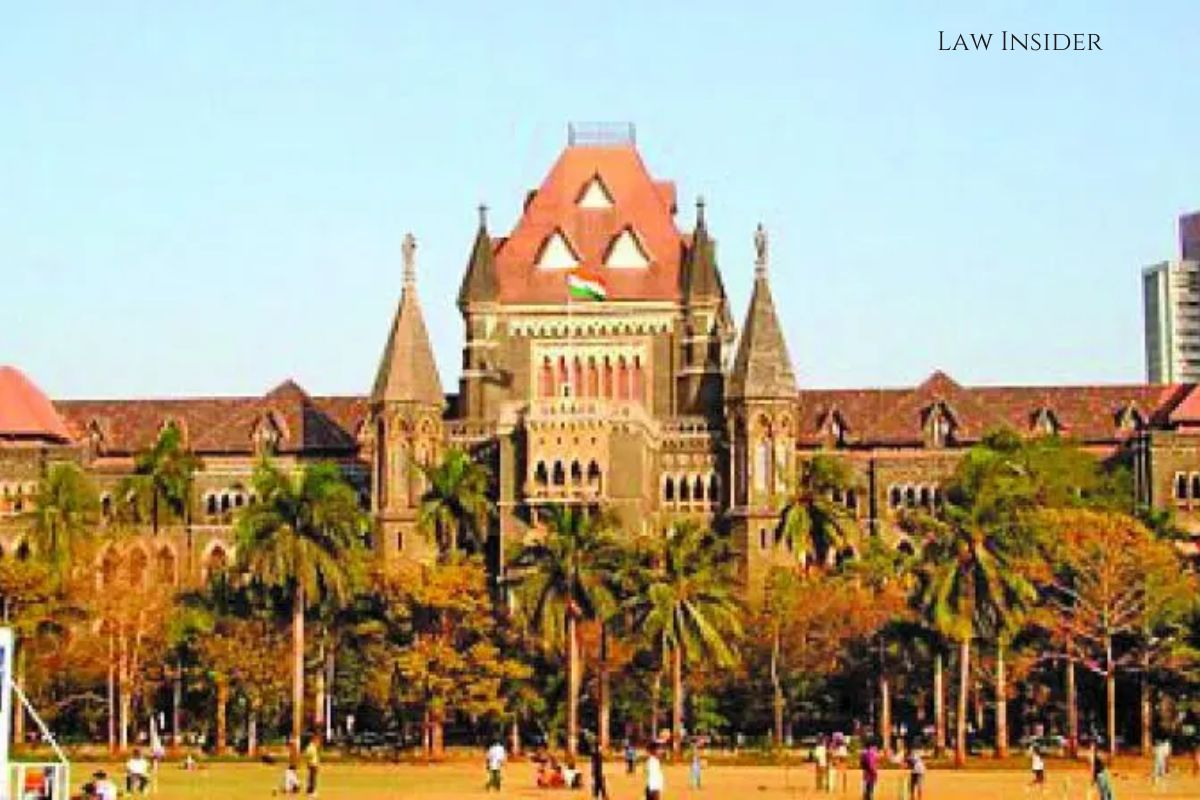Sowmiya Rajendrakumar
Published on: August 8, 2022 at 19:20 IST
The Bombay High Court has ruled that exercise of jurisdiction under Section 179 of the Income Tax Act, 1961 against the director of a public company, to recover the tax dues of the said company, is violative of the principles of natural justice, where the Income Tax Authority has failed to give any opportunity of hearing to the director before applying the principle of ‘lifting the corporate veil’.
The Bench, consisting of Justices Dhiraj Singh Thakur and Abhay Ahuja, held that the recovery procedure under Section 179 against the directors of the assessee company cannot be resorted to casually.
The Assistant Commissioner of Income Tax (ACIT) passed an order under Section 179 of the Income Tax Act, 1961 holding that the petitioner Rajendra R. Singh, the director of the assessee company- M/s. Crest Paper Mills Ltd was liable to pay the tax dues which were otherwise payable by the said Company.
The ACIT held that during the relevant period the petitioner was a part of the decision-making process in the said Company, which led to the Crystallization of the demand for the relevant assessment year. The ACIT further held that no evidence had been furnished by the petitioner to prove that the assessee Company was a public company.
The ACIT ruled that even if the assessee Company was assumed to be a public company, yet by lifting the corporate veil, the directors of such a Company could be brought within the purview of Section 179, especially since the assessee Company had been delisted from the stock exchange and its affairs were not conducted as a public limited company in its true sense.
The petitioner challenged the order passed by the ACT in a revision petition filed under Section 264 of the Income Tax Act before the Deputy Commissioner of Income Tax (DCIT), which was dismissed. Thereafter, the petitioner filed a writ petition before the Bombay High Court for quashing the order passed by the ACIT.
The Court noted that in the case of Delhi Development Authority versus Skipper Construction Company (P) Ltd. and Anr. (1996), the Supreme Court had ruled that in a case where it is found that the public company was incorporated only as a facade, for the purposes of tax evasion and fraud, the corporate veil could be pierced to look at the reality behind the corporate veil.
The Court also observed that the Punjab and Haryana High Court in Kishan Lal versus Union of India (2016) had quashed the order passed by the revenue authorities against the director of a public company by exercising jurisdiction under Section 179 of the Income Tax Act.
“We do not wish to go into the question as to whether, the facts and circumstances of the case justified invoking the principle of lifting the corporate veil as in our opinion, the procedure adopted by respondent No.1 was clearly violative of the principles of natural justice and without affording to the petitioner, an opportunity of being heard on the question, as to why the principle of ‘lifting the corporate veil’ be not applied in the case of CMPL to justify the recovery of the tax dues from the directors.” the Court said.
The Bench held that power under Section 179 can be exercised against the directors of the private company only if the tax dues cannot be recovered from the said private company. The Court added that to justify that the tax dues cannot be recovered from the company, the Assessing Officer has to enumerate the steps taken towards recovery of tax dues from the company, which may include attachment of the accounts and the movable and immovable assets of the company.
Observing that in the show cause notice issued by the ACIT, there was no satisfaction recorded that the tax cannot be recovered from the Assessee company, the Court held that recovery procedure under Section 179 against the directors of the assessee company cannot be resorted to casually.
The Court found that the ACIT had mechanically resorted to the provisions of Section 179. Thus, the Court allowed the writ petition and quashed the order passed by the ACIT under Section 179 and the order passed by the DCIT in the revision petition filed by the petitioner.

